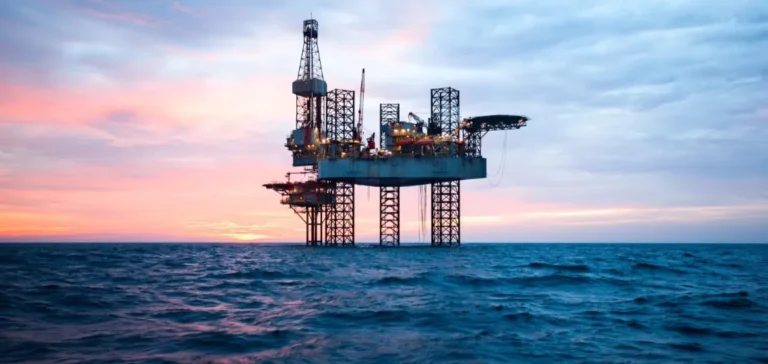QatarEnergy announced it has secured an exploration licence for the offshore Nzombo block, located in the deep waters of the Republic of Congo. This award comes under a production sharing contract signed with the Congolese authorities, allowing the Qatari company to hold a 35% stake in the project.
The Nzombo block is located about 90 kilometres off the coast of Pointe-Noire and covers an area of 1,053 square kilometres, with water depths exceeding 1,000 metres. French company TotalEnergies, through its Congolese affiliate, will operate the block with a 50% share, while the Société Nationale des Pétroles du Congo (SNPC) will hold the remaining 15%.
A strategic foothold in Central Africa
This move marks a new step in QatarEnergy’s expansion of offshore exploration activities in sub-Saharan Africa. The Congolese basin is known for its hydrocarbon potential, particularly in deep waters, where several significant discoveries have been made in recent years.
The conclusion of this contract positions QatarEnergy as a key player in the development of new projects in Central Africa, while consolidating its strategic partnership with TotalEnergies and local authorities.
Strengthening the deepwater exploration portfolio
Securing this licence is part of QatarEnergy’s strategy to expand its global exploration portfolio, particularly in technically complex areas. The group aims to diversify its assets while accessing high-potential resources.
The Congolese Ministry of Hydrocarbons welcomed the signing of this contract, which could pave the way for future investments in the upstream sector. The project remains at an early stage, and no official reserve estimates have yet been released.
Public-private partnership in Congo’s oil sector
The participation of the Société Nationale des Pétroles du Congo with a 15% stake reflects the country’s determination to maintain an active role in the development of its natural resources. This public-private cooperation model is frequently used in oil exploration projects across Africa.
The signing of the contract could stimulate the interest of other international oil companies in the Congolese market, at a time when several countries in the region are seeking to maximise the value of their offshore resources.






















